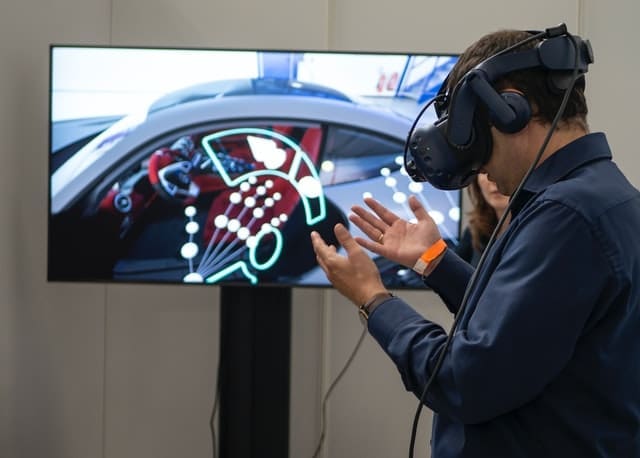Experts project that the sports betting business will reach over 60 million by the end of 2026, an almost 100% increase from where it is currently. There are just a few possible causes for this rapid growth. To begin with, technological improvements have made sports betting more accessible to the average consumer.
You may easily access sports betting sites from the convenience of your own home. Simply predict the score in point spreads betting, for example, and enjoy the experience. Furthermore, sports betting has become more user-friendly since bettors no longer need to visit their local bookmaker to place a wager.
Given its recent tremendous expansion, what can we anticipate from the betting sector in the future? Let’s discover more about the technological advancements that’ll impact the betting industry’s future.
Micro-Betting
Developing a betting app or website enables bookmakers to develop new sorts of betting, increasing the thrill of each betting experience. Bookmakers anticipate that this will be a future trend because the micro-gambling industry is fast expanding, allowing customers to put modest bets during the length of a single game.
Micro-betting or in-play gambling allows gamblers to stake their money on a range of minute-by-minute events during a live game instead of betting only on the winning team or other outright markets. This may appear to be a simple chore, yet it causes considerable problems for bookies.
They must anticipate the chances of small bets properly in real-time and keep them updated throughout the game. Most betting businesses employ machine learning and automation to produce a variety of betting options in seconds.
Mobile Betting
The mobile sports betting technical trend has existed for decades. Still, it didn’t really have a place in the market until recently, when all bookmakers began modifying and optimizing their websites and applications for online betting.
Mobile phones are now strong enough to operate complicated apps that’ll enhance the betting experience of the common user. The key reason why bookmakers want to shift to the mobile betting industry is that more than 6.37 billion individuals, or 80% of the population, already own a mobile phone.
Artificial Intelligence
AI (artificial intelligence) is a significant advancement in the sports betting sector because it utilizes data to anticipate the outcome of each match or race. It has the potential to deliver various benefits to bookmakers and bettors.
This implies that bookies may set more accurate odds and improve their earnings, while bettors can have a greater win ratio thanks to studied data that humans can’t access at all or as quickly. AI will be the next significant development in the sports betting sector, reshaping the whole industry.
Virtual and Augmented Reality
While virtual reality (VR) and augmented reality (AR) technologies aren’t yet fully developed, many experts expect that they’ll be employed in a range of sectors, including sports betting. Consider buying a ticket and obtaining a front-row seat to a live event without actually attending it. With your VR headset, you’ll be able to watch any sporting event live and place bets from the comfort of your sofa.
Experience Over Outcome
The sports betting market is quickly increasing in popularity, and people’s betting patterns are changing. Previously, every bettor’s primary purpose was to earn a profit, but today they also value the experience and want to have fun. These technologies have the ability to enhance the entire betting experience and attract new clients to the industry.

1 Comment
Pingback: 2022 Tech Traits to Glance Ahead to in Game Making a bet | Boc Time